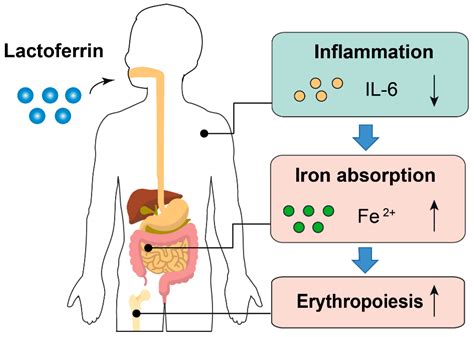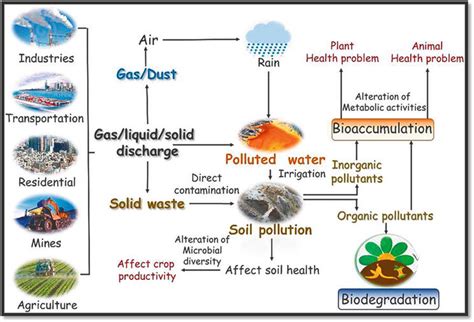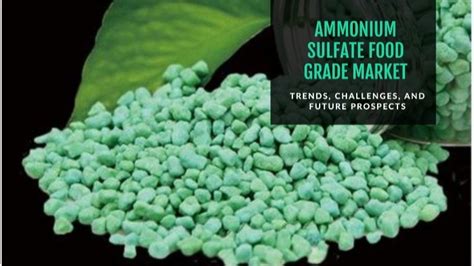Intro
Discover key facts about Ferrous Sulfate, including its uses, benefits, and side effects, exploring iron supplements, anemia treatment, and nutritional value.
Ferrous sulfate is a crucial compound that has been widely used in various industries, including pharmaceuticals, agriculture, and water treatment. Its importance cannot be overstated, as it plays a significant role in maintaining human health, ensuring crop production, and preserving the environment. In this article, we will delve into the world of ferrous sulfate, exploring its benefits, working mechanisms, and applications. Whether you are a healthcare professional, a farmer, or an environmentalist, understanding the properties and uses of ferrous sulfate is essential for making informed decisions.
The significance of ferrous sulfate lies in its ability to provide iron, an essential nutrient for the human body. Iron deficiency is a common condition that can lead to anemia, fatigue, and impaired cognitive function. Ferrous sulfate is often prescribed as a dietary supplement to treat iron deficiency and prevent its complications. Moreover, ferrous sulfate is used in agriculture as a fertilizer to promote plant growth and increase crop yields. Its role in water treatment is also vital, as it helps remove impurities and contaminants from water, making it safe for human consumption.
As we explore the world of ferrous sulfate, we will discover its numerous benefits, from improving human health to supporting sustainable agriculture. We will also examine the working mechanisms of ferrous sulfate, including its chemical properties and reactions. Additionally, we will discuss the various applications of ferrous sulfate, including its use in pharmaceuticals, agriculture, and water treatment. By the end of this article, readers will have a comprehensive understanding of ferrous sulfate and its importance in our daily lives.
What is Ferrous Sulfate?

Chemical Properties of Ferrous Sulfate
Ferrous sulfate has several chemical properties that make it useful in various applications. It is a strong reducing agent, which allows it to react with other molecules and donate electrons. Ferrous sulfate is also highly soluble in water, making it easy to dissolve and mix with other substances. Additionally, ferrous sulfate has a high melting point, which makes it stable at high temperatures.Benefits of Ferrous Sulfate

Pharmaceutical Applications of Ferrous Sulfate
Ferrous sulfate is commonly used in pharmaceuticals as a dietary supplement to treat iron deficiency and prevent anemia. It is also used to support the growth and development of pregnant women and infants. Additionally, ferrous sulfate is used to treat other conditions, such as restless leg syndrome and attention deficit hyperactivity disorder (ADHD).Working Mechanisms of Ferrous Sulfate

Chemical Reactions of Ferrous Sulfate
Ferrous sulfate undergoes several chemical reactions, including oxidation and reduction reactions. It can react with other molecules to form new compounds, making it a valuable component in various industrial processes. Additionally, ferrous sulfate can react with water to form iron hydroxide, which is useful in water treatment.Applications of Ferrous Sulfate

Agricultural Applications of Ferrous Sulfate
Ferrous sulfate is commonly used in agriculture as a fertilizer to support plant growth and increase crop yields. It is also used to treat iron deficiency in plants, which can lead to reduced growth and productivity. Additionally, ferrous sulfate is used to support the growth and development of microorganisms in soil, which is essential for maintaining soil health.Environmental Impact of Ferrous Sulfate

Water Treatment Applications of Ferrous Sulfate
Ferrous sulfate is commonly used in water treatment to remove impurities and contaminants from water. It can react with other molecules to form insoluble compounds, which can be removed from water through sedimentation or filtration. Additionally, ferrous sulfate can support the growth and development of microorganisms in water, which is essential for maintaining water quality.Future Prospects of Ferrous Sulfate

Challenges and Opportunities
Despite the many benefits and applications of ferrous sulfate, there are several challenges and opportunities that need to be addressed. One of the major challenges is the environmental impact of ferrous sulfate, which can affect the quality of water and soil. Additionally, there is a need to develop more sustainable and efficient methods for producing and using ferrous sulfate.What is ferrous sulfate used for?
+Ferrous sulfate is used to treat iron deficiency and prevent anemia, support plant growth and increase crop yields, and remove impurities and contaminants from water.
What are the benefits of ferrous sulfate?
+The benefits of ferrous sulfate include treating iron deficiency and preventing anemia, supporting plant growth and increasing crop yields, and removing impurities and contaminants from water.
What are the chemical properties of ferrous sulfate?
+Ferrous sulfate has several chemical properties, including being a strong reducing agent, highly soluble in water, and having a high melting point.
What are the environmental impacts of ferrous sulfate?
+The environmental impacts of ferrous sulfate include affecting the quality of water and soil, reacting with other molecules to form new compounds, and accumulating in soil and water.
What are the future prospects of ferrous sulfate?
+The future prospects of ferrous sulfate are promising, with continued use in the pharmaceutical industry, agriculture, and water treatment, and opportunities for development of more sustainable and efficient methods for producing and using ferrous sulfate.
In conclusion, ferrous sulfate is a vital compound that plays a significant role in various industries, including pharmaceuticals, agriculture, and water treatment. Its benefits, working mechanisms, and applications make it an essential component in maintaining human health, supporting sustainable agriculture, and preserving the environment. As we continue to explore the world of ferrous sulfate, we invite readers to share their thoughts and experiences with this compound. Whether you are a healthcare professional, a farmer, or an environmentalist, we encourage you to comment on this article and join the conversation about the importance of ferrous sulfate in our daily lives.
